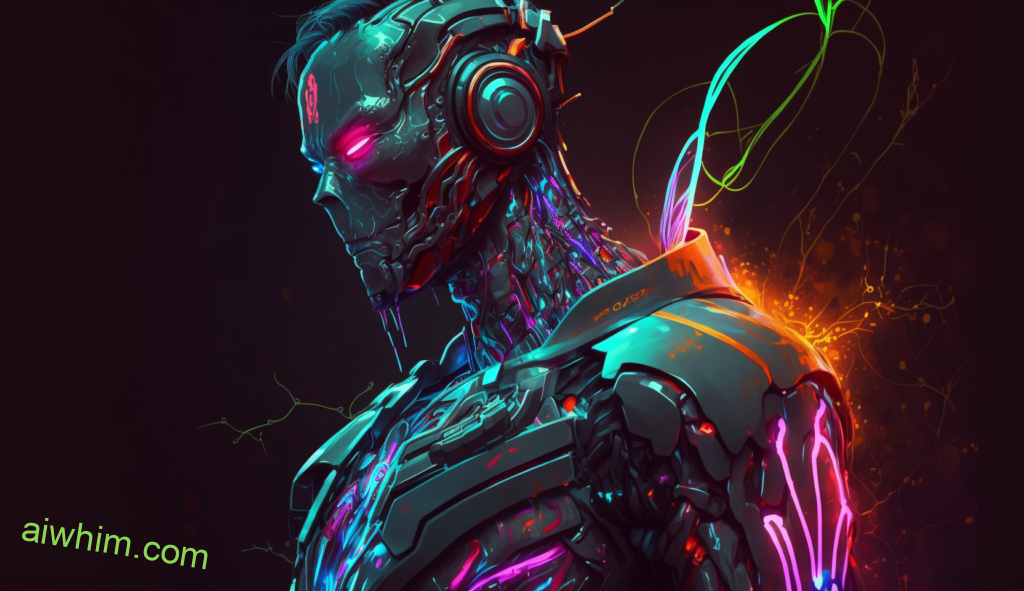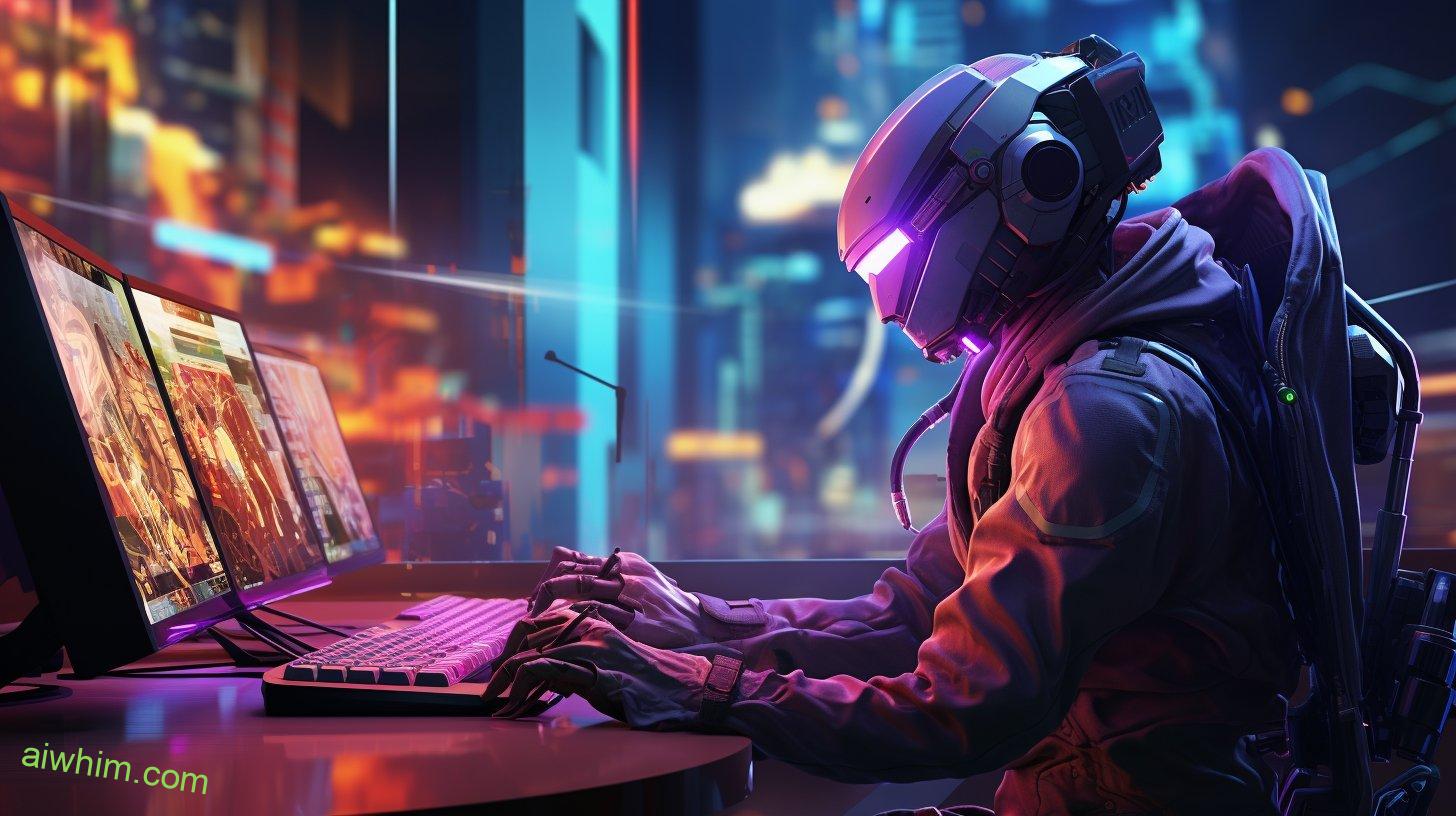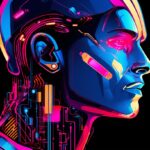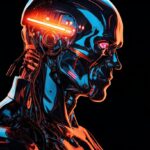Security guards are an important part of our everyday lives. Whether it’s protecting a building, patrolling a public area, or providing security to events, they’re out there ensuring that we feel safe and secure. But with the rise in artificial intelligence (AI) and automation technology, many people are asking: will these technologies eventually replace the jobs of security guards?
It can be difficult to think about how advances in technology might affect your job prospects going forward. The thought of being replaced by automated systems may bring feelings of fear and uncertainty; but at the same time, one can’t help but wonder what possibilities such sophisticated tools could open up for us down the line. In this article, we’ll explore whether AI and automation will indeed replace the jobs of security guards in the future – and if so, what implications this might have for both workers and society as a whole.
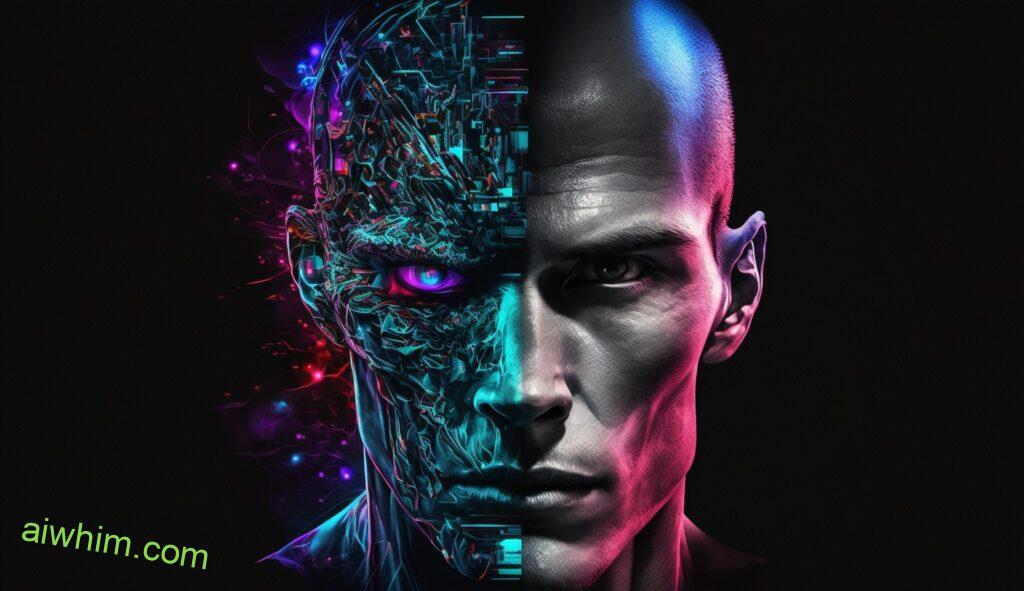
Definition Of AI And Automation
AI and automation are technologies that allow machines to take on tasks previously only done by humans. AI refers to the algorithms, systems and processes used in computers or robots to simulate human intelligence. Automation is the use of these same technologies to perform tasks with minimal human effort or intervention.
In terms of security guards and their jobs being replaced, it’s important to understand what advantages AI and automation can bring. AI technology enables automated security systems to be more reliable than ever before. With its ability to recognize patterns, detect anomalies and respond quickly, AI ensures that your premises will be monitored 24/7 without any breaks.
Automation also offers a wide range of benefits for businesses looking for cost savings and efficiency gains. By automating mundane and repetitive tasks, businesses are able to reduce labor costs while ensuring greater accuracy and consistency in operations. In addition, automated security systems provide real-time alerts for potential threats, giving you peace of mind knowing your business is secure at all times.
As we look forward into the future of work, it’s clear that AI and automation may have an impact on certain types of jobs like those held by security guards. However, this impact will depend largely on how businesses decide to leverage these powerful new tools in order to maximize their productivity while still maintaining employee satisfaction levels.
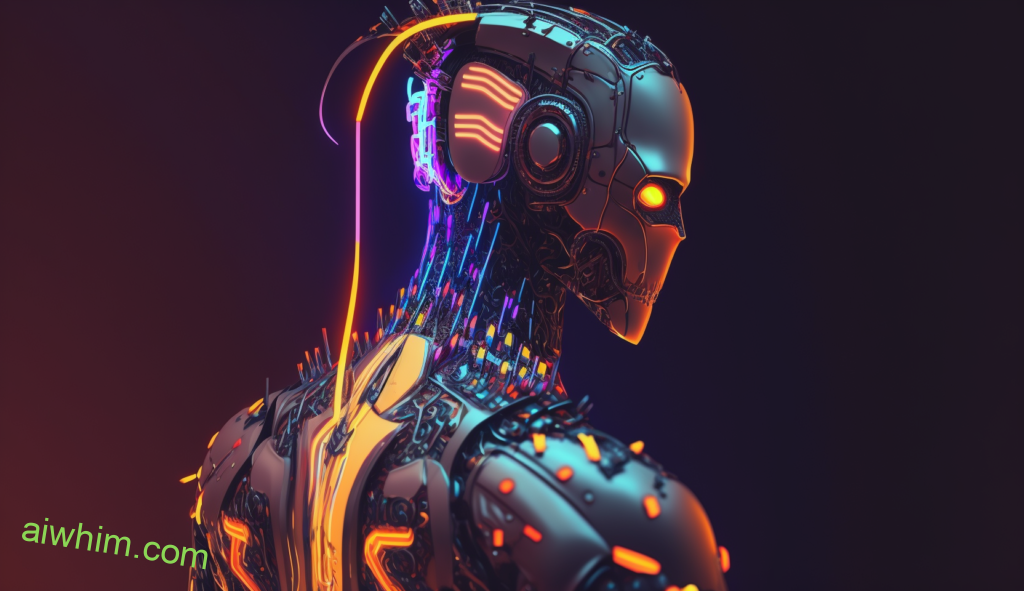
Overview Of Security Guard Jobs
With the rapid rise of AI and automation, people are left to wonder: will security guards be replaced in the future? To answer this question, it’s important to first understand what a security guard does. Security guards are responsible for protecting property or persons from theft, vandalism, terrorism, fire, medical emergencies and other dangers. Their duties can include patrolling grounds, operating surveillance equipment and responding to alarms.
Security guards must also adhere to certain roles while on duty. This includes providing customer service by answering questions related to their job site; monitoring visitors entering and exiting the premises; writing incident reports; and enforcing safety regulations. In order to perform these tasks correctly, they may need specialized training depending on their employer’s requirements. Generally speaking, most states require any individual working as a security guard to have some type of license or certification prior to employment.
Given all that is necessary for a successful security guard career including qualifications, licensing and training – the answer seems clear: no matter how advanced technology becomes in the years ahead, there will always be an irreplaceable human element when it comes to ensuring safety and protection over an area or person. Therefore we can confidently say that AI automation won’t replace security guards anytime soon.
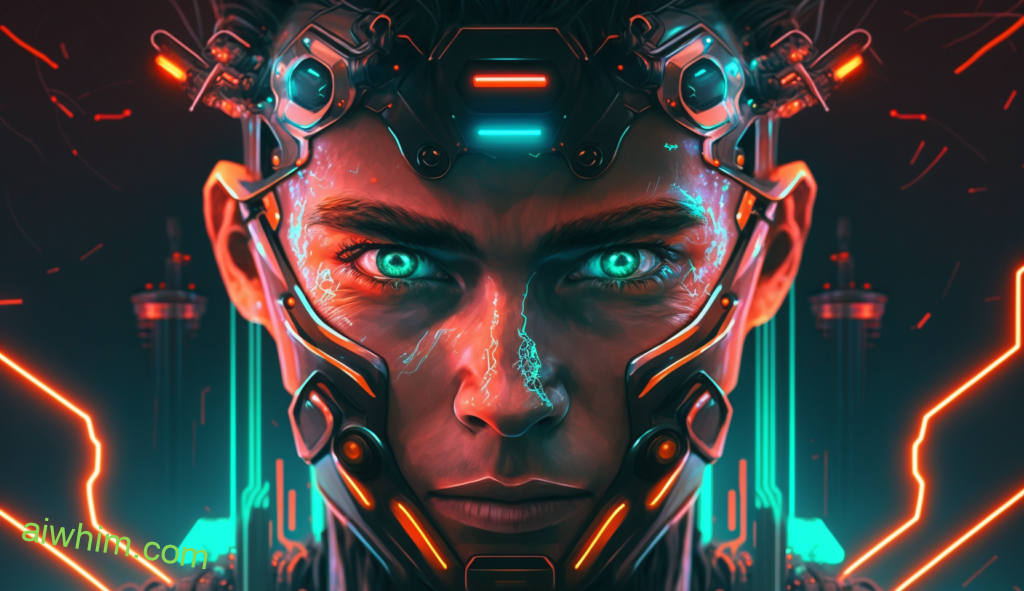
Shortcomings Of Human Guards
Although human security guards are an essential part of the safety industry, they have their own shortcomings. These include:
- Human error: Mistakes made by humans can lead to serious consequences as opposed to AI which is more accurate and has a greater capacity for detail-oriented work.
- Response time: Human guards may take longer to respond in emergency situations than robotic or automated systems that can act quickly and effectively when needed.
- Reliability: Automated systems are much more reliable than human guards because of their ability to operate without rest or fatigue.
- Cost effectiveness: It costs less to maintain and operate automated systems than it does to employ and pay human security guards on a regular basis.
- Adaptability: AI systems can be programmed with specific tasks and parameters, making them far more adaptable compared to traditional methods of guard management.
Humans also require training and supervision whereas machines do not need any kind of guidance beyond basic programming instructions. Furthermore, AI systems can provide real-time data analysis while monitoring large areas that would otherwise be difficult for humans alone to cover efficiently. In addition, automation eliminates the risks associated with having personnel in high risk environments like construction sites or hazardous material storage facilities. For these reasons, it seems likely that AI will replace many jobs traditionally filled by human security guards in the future.
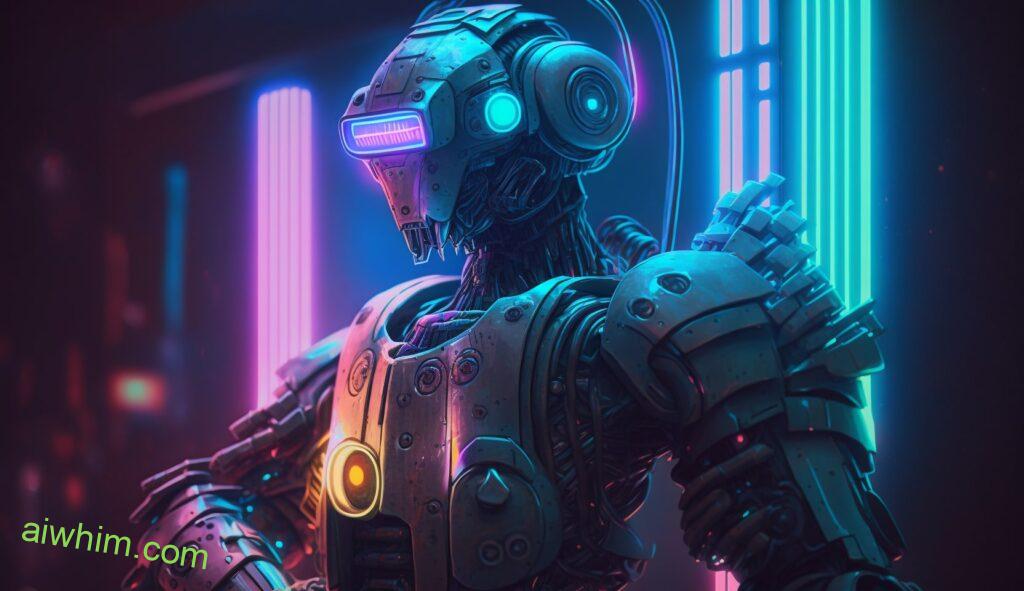
Benefits Of AI-Driven Security Solutions
A security guard’s job is an important one. It requires vigilance, observation and a keen eye for detail. But what if AI-driven security solutions could do the same or better? An increasing number of businesses are beginning to explore this possibility, with many already reaping the rewards that come from automated security systems.
The benefits of AI-driven security solutions are numerous; accuracy and efficiency being two prominent advantages. One business in particular saw impressive returns after investing in automated surveillance cameras that could detect suspicious activity within its premises. The system was able to alert staff when potential threats were detected so they could take immediate action, as well as providing full documentation on any incidents that occurred. This improved safety levels exponentially while reducing overall costs associated with traditional manned guards by up to 80%.
AI-security has also been found to be more reliable than human counterparts due to its 24/7 operation capabilities and its ability to quickly interpret data and make decisions based on it. Furthermore, automated systems can learn from past events and experiences which further improves their effectiveness over time. Ultimately, these advancements have enabled companies to benefit from increased protection at lower cost with minimal disruption to day-to-day operations – allowing them freedom from worry about their assets and personnel.
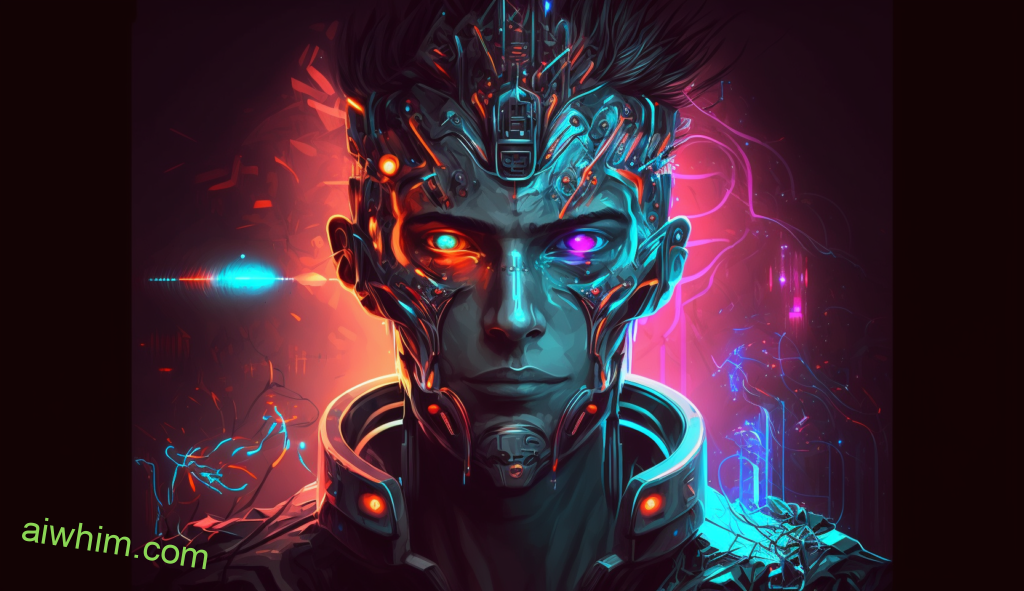
Potential For Automated Security Systems
Automated security systems are becoming increasingly popular in the security industry. These systems, also known as automated security solutions or security automation technology, leverage AI-driven technology to provide better protection and monitoring of people, property, and information.
The benefits of these automated security services can range from increased safety for personnel to enhanced surveillance capabilities. Here are four reasons why businesses should consider investing in automated security systems:
- Automated Security Systems reduce operational costs by eliminating manual labor costs associated with traditional guards.
- They offer 24/7 coverage that’s more reliable than human guards who may be on vacation or fall ill.
- Automated Security Systems often eliminate false alarms since they use advanced analytics to detect threats accurately before alerting authorities or key personnel if necessary.
- The data collected from such systems can help business owners identify trends and improve their overall operations over time through analysis and prediction algorithms that automate many processes previously done manually by humans.
In addition to reducing operational costs while increasing efficiency, automated security systems provide an extra layer of protection against potential intruders or malicious activities that could otherwise endanger employees, customers, and other stakeholders of a company’s assets—not only physical but digital as well. As AI-driven technologies become more sophisticated over time, companies will benefit even further as improved accuracy reduces response times while providing them with detailed reports on any suspicious activity detected by the system itself without requiring any additional effort from staff members or operators outside the organization’s premises. In short, the future looks bright for companies looking to invest in automated security solutions today; doing so ensures their long-term success with minimal risk involved due to its proven effectiveness when used properly within existing infrastructure setups.
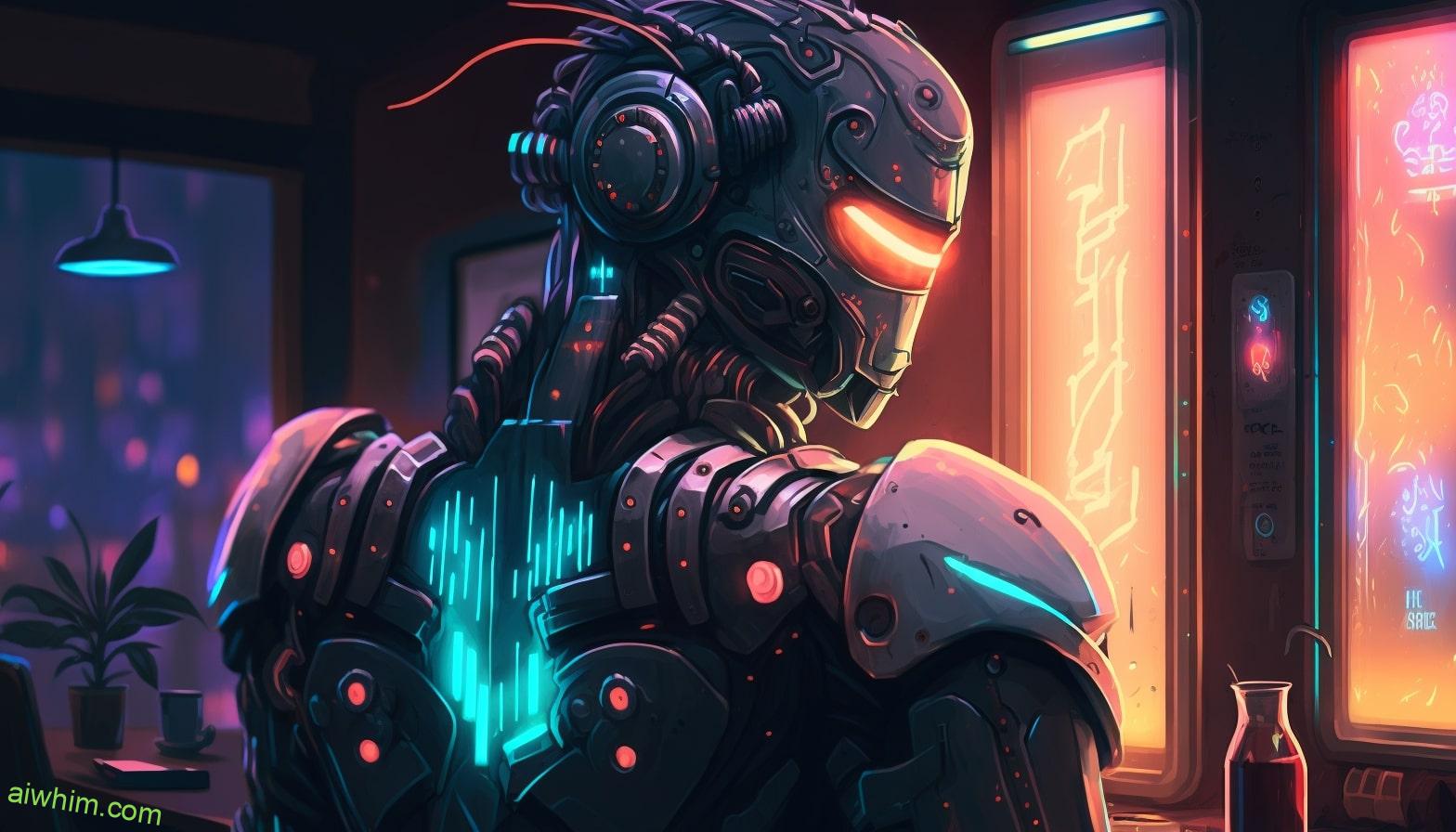
Changing Requirements For Security Personnel
As automated systems become increasingly omnipresent and sophisticated, the role of security personnel will inevitably change. Security guards of today may not be the same as those of tomorrow; for it is certain that new qualifications, skills and training will be required to meet our ever-evolving needs. To illustrate this point, let us consider a few scenarios where current security personnel roles could potentially evolve.
First, with advances in AI-driven technologies such as facial recognition software, there may no longer be a need for standard patrolling duties. Instead, these machines would take on the responsibilities associated with detection and surveillance. As such, security personnel would require additional training focused on monitoring outputs from intelligent systems and responding appropriately to any anomalies or threats detected by them. This could include being educated about pertinent regulations and laws related to data privacy rights so they can better protect individuals’ information when using these kinds of tools.
Second, as technology becomes more integrated into everyday life – think smart homes filled with connected devices – security guards might have to acquire more tech savvy skills in order to properly respond to issues arising from malfunctioning gadgets or cyberattack attempts (e.g., hacking). In addition, they should stay abreast of the latest developments in their field since technological advancement is often rapid and dynamic. Thus, traditional guard experience alone may no longer suffice if one wants to remain competitive in this industry moving forward.
In short then, while automation has opened up exciting possibilities for enhancing physical protection measures within an organization or home environment, it is undeniable that changing requirements also come along with this revolutionizing force – requiring all existing as well as future security personnel to learn/adapt quickly in order to keep up with the times.
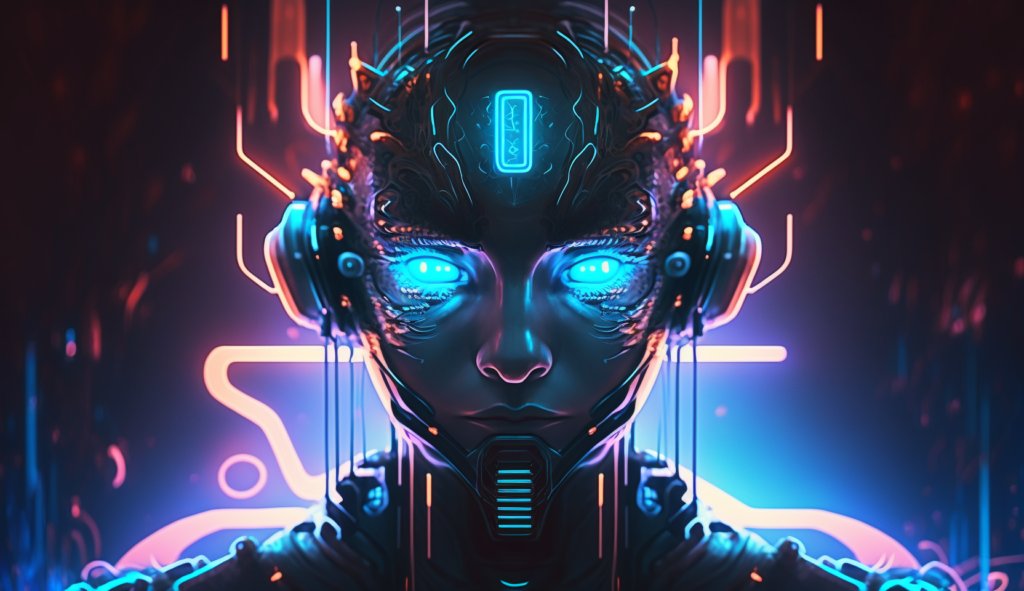
Impact On The Workforce
The impact of AI and automation on the workforce is a major concern. As more jobs become automated, it raises questions about job displacement, loss implications, and skillset changes due to the rapid advancement in technology.
- Job Replacement:
- AI and automation will inevitably replace some security guard positions as machines become increasingly advanced and able to carry out complex tasks with greater accuracy.
- This could lead to large-scale job replacement for both entry-level workers and experienced guards alike.
- However, this does not mean that human labor will be completely eliminated; certain roles within the security industry may evolve or require new sets of skills instead.
- Workforce Displacement:
- The introduction of AI and automation could displace many existing workers from their current industries while simultaneously creating opportunities in other areas they may not have considered before.
- For example, those affected by job replacement in the security sector may take up new roles such as software developers or data scientists which are already in high demand.
- Furthermore, training programs can provide potential employees with the necessary knowledge required to make successful transitions into these fields without having extensive experience in them beforehand.
As we move forward towards an increasingly connected world filled with machine learning capabilities, there’s no doubt that AI and automation will continue to reshape the workforce landscape in ways we cannot yet imagine. It’s inevitable that humans will need to adapt quickly if they want to keep up with fast-changing technologies – being flexible enough to learn new skills or shift career paths when needed is key for staying afloat during times of disruption caused by automation impacts.
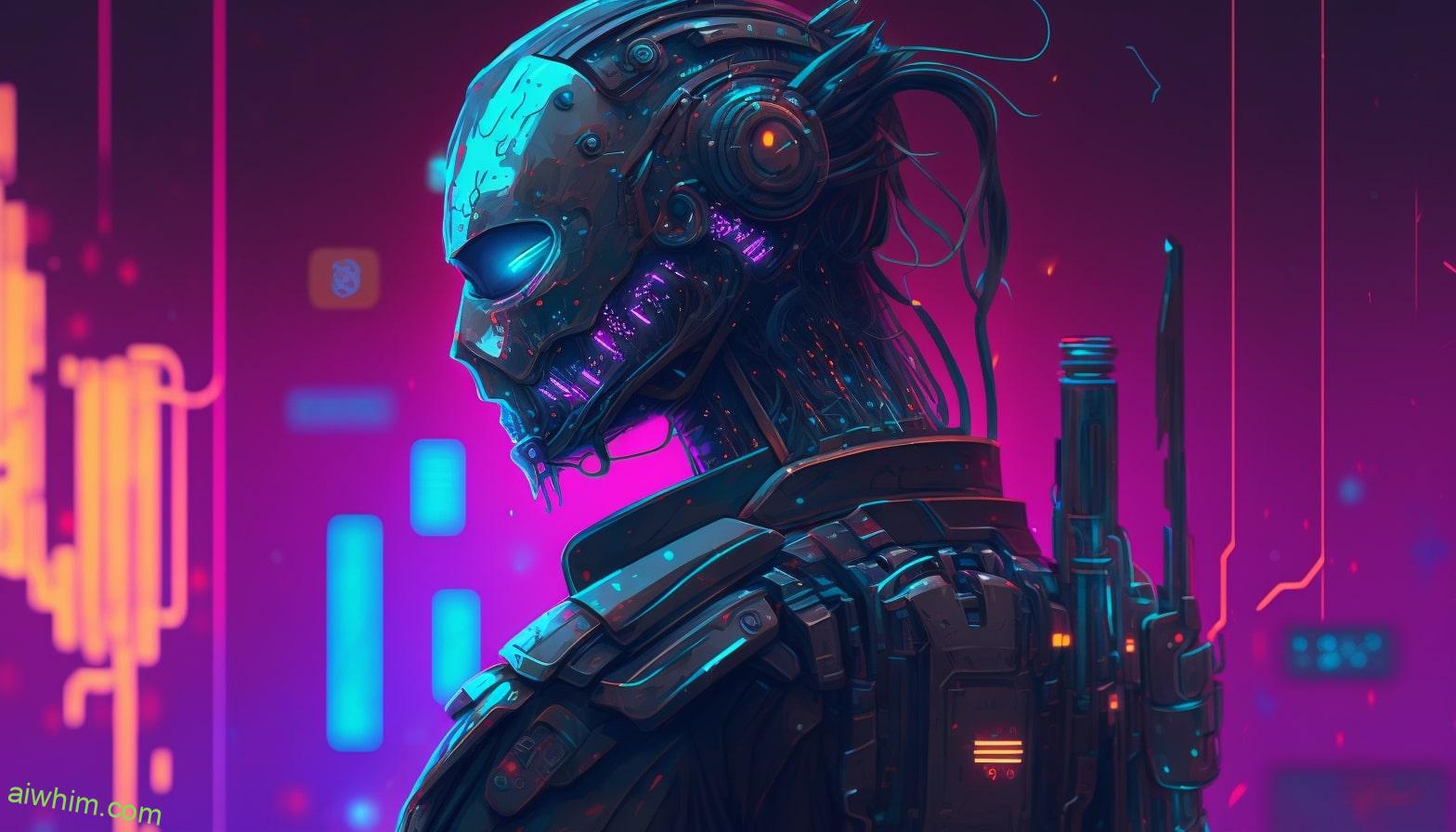
Increased Accuracy And Efficiency
AI and automation have already taken over many jobs that were previously done by humans.One study found that two-thirds of the world’s work activities could be automated in some way, potentially displacing hundreds of millions of workers.This puts security guards at risk of losing their roles to AI and automation.
The accuracy and efficiency with which AI can perform tasks is much higher than any human could ever achieve. Automated systems are accurate down to the smallest detail and can flag potential issues quickly and effectively without fail. This kind of accuracy improvement means there will be fewer mistakes made compared to manual labor, leading to an increase in overall safety levels. Furthermore, automation allows for increased efficiency as machines don’t tire or need breaks like humans do, enabling them to constantly monitor conditions 24/7 ensuring maximum protection against security threats.
AI is also able to stay up-to-date on changing regulations more easily than a human guard could; it has access to vast amounts of data which enables it to make decisions faster while maintaining precision and consistency in its operations. With improved accuracy and enhanced efficiency, AI is becoming increasingly capable when it comes to providing top-notch security services – something that no amount of human effort can match.
As technology continues advancing rapidly, AI and automation may soon become indispensable components for creating reliable security systems that provide better protection from various risks than traditional methods currently offer. It seems inevitable then that these technologies will eventually replace manual labour carried out by security guards as they offer unparalleled precision and performance benefits – with no signs of slowing down anytime soon either!
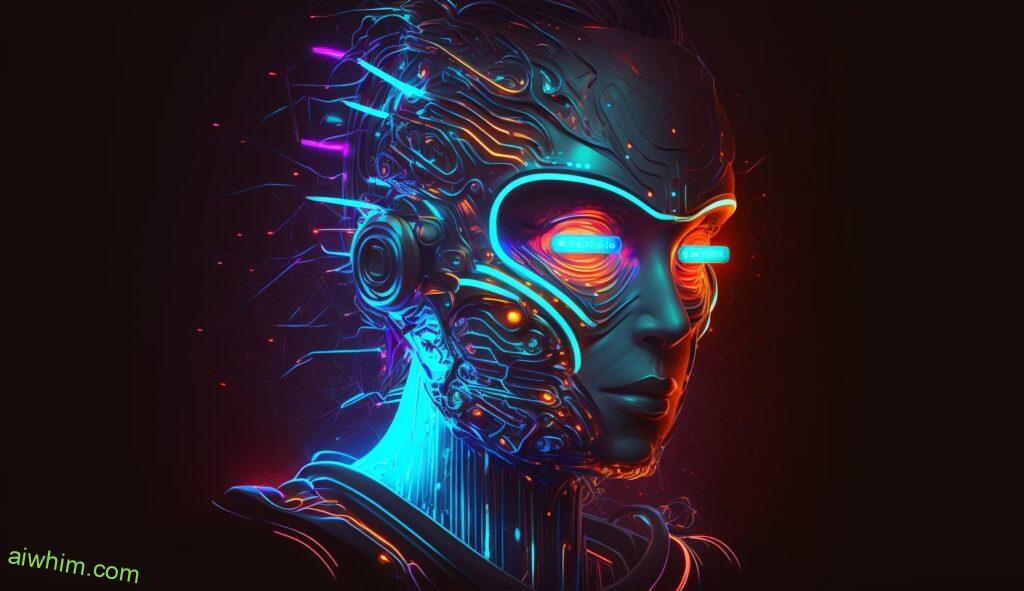
Cost Savings From Automation
The potential cost savings that can be achieved through automation and AI have been a major point of discussion in terms of security guards. Automation has the ability to reduce costs associated with providing security services, such as eliminating the need for multiple personnel or at least reducing their hours. Additionally, automated systems are more reliable than human operators, meaning less time spent on maintenance and repairs.
Security automation also brings increased efficiency and accuracy in surveillance operations due to its superior technology capabilities combined with faster response times. The use of AI-driven technologies allows organizations to monitor real-time events without relying on human intervention. As a result, they can detect any suspicious activity quickly while being able to recognize patterns that may indicate possible threats. This enables them to take preventive action before a situation escalates out of control and further damage is caused.
Despite the benefits provided by using AI and automated solutions when it comes to security services, there are still some concerns surrounding job losses within this field. However, studies suggest that these technological advancements will not replace all jobs but instead create new ones that require different skillsets such as data analysis or programming knowledge. In other words, automation could actually help improve existing roles rather than replacing them altogether. Ultimately, we must remember that these technological advancements come with immense benefits – from improved accuracy to reduced costs – which should be taken into consideration when deciding whether or not to implement them in our daily lives.
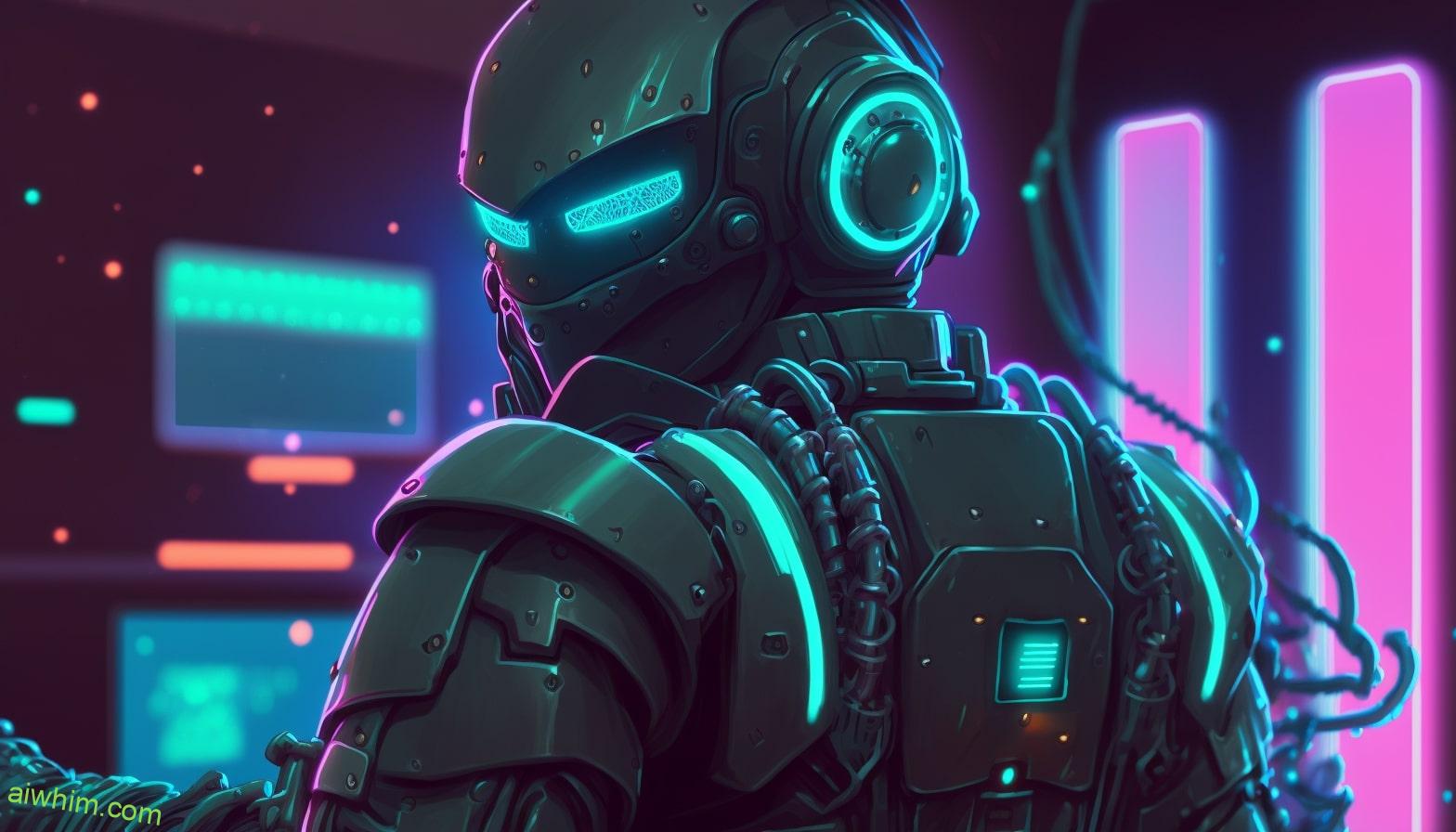
Social Implications Of Job Loss
As the saying goes, change is the only constant. As Artificial Intelligence (AI) and automation become more commonplace, it raises questions about job security and labor displacement in many sectors – particularly security guards. The social implications of this job loss should not be taken lightly; while some may see an increase in efficiency due to these technological advances, others are forced to rethink their career paths.
When looking at potential job losses caused by AI and automated technology, it can help to examine how similar transitions have played out in other fields. In manufacturing for example, workers saw a decrease in available jobs due to robotization and automation becoming increasingly popular. This led to a shift away from unskilled or semi-skilled labor as businesses looked towards new opportunities that required higher levels of technical competence and knowledge.
The same could be said for those who currently work as security guards; with AI taking over various aspects of their role there will be a need for them to retrain in order to remain employable within the industry. As such, we must consider ways to minimize impact on individuals affected by job losses so they can make successful career transitions into different roles. Providing adequate support during times of transition is key if we want people to feel secure moving forward despite uncertain economic conditions brought about by ever-evolving technologies like AI and automation.
There’s no denying that changes occur when new technologies enter the market, but what’s important is understanding how best to prepare for those changes and provide support where necessary so everyone feels safe during times of uncertainty.
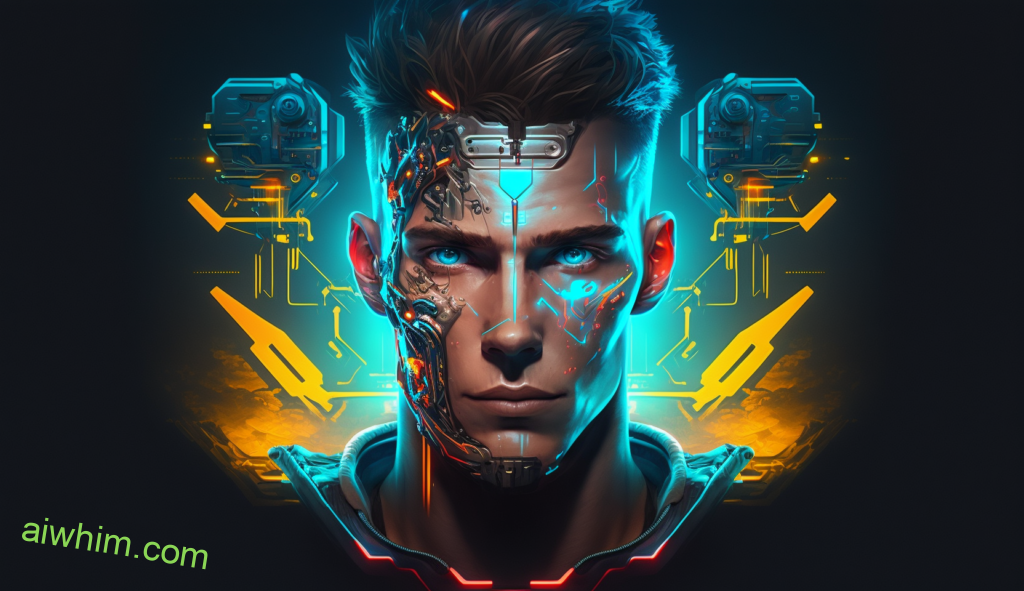
Training Opportunities For Displaced Workers
As automation and AI become a more regular part of the workforce, security guards may find themselves in increasingly precarious positions. As a result, it is important to consider what training opportunities are available for displaced workers. Fortunately, there are many job retraining programs that can help those who have been put out of work by technological advances.
One such program is specifically geared towards helping security guards transition into new jobs. This type of program offers courses in various aspects related to their former job, as well as providing information on how best to use their skills in other industries. Additionally, these programs offer instruction on topics such as computer literacy and interpersonal relations so that they can adjust quickly to their changing environment.
Another option is to pursue specialized training focused on automation or AI skills development. These types of classes provide an overview of the most current technologies being used in today’s workplace, giving participants the ability to better understand how machines and algorithms operate. With this knowledge, individuals can gain a competitive edge over others when applying for jobs within these fields. Furthermore, some companies even offer internships which allow students to get hands-on experience with emerging tech while learning from experts in the industry.
By taking advantage of these various resources, security guards can ensure that they remain employable despite changes brought about by artificial intelligence and robotics. Whether through formal classroom schooling or informal self-study programs, displaced workers have numerous options at their disposal for developing marketable skillsets suited for the modern workplace—giving them hope during uncertain times and allowing them to confidently pursue long-term career goals without fear of becoming obsolete.
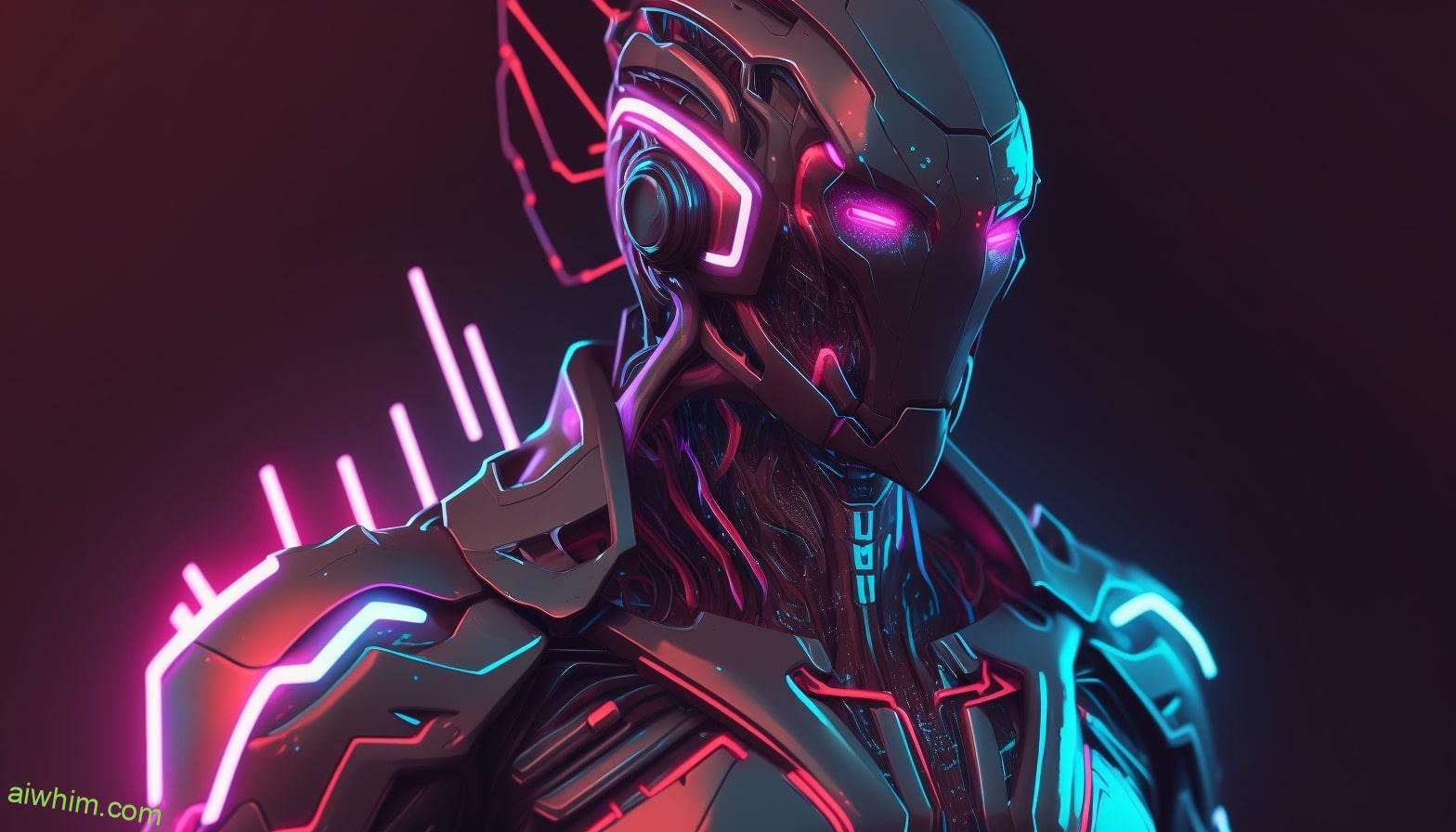
Regulatory Issues With Automation
The rise of automation and AI in virtually every industry has raised numerous regulatory challenges. Automated security guards pose an unprecedented challenge to regulators, as laws are yet to catch up with this rapidly evolving technology. Regulatory compliance is essential when it comes to automated security, but there are still many unanswered questions about how these laws should be applied.
One major issue with automated security systems is the lack of clear regulations surrounding their use and implementation. Currently, most countries do not have comprehensive ai regulations or standards for deploying automated security solutions that guarantee a certain level of safety and reliability. This leaves organizations open to potential liability if something goes wrong during deployment or operation. As such, companies must take extra precaution when determining what kind of automation they will deploy, and make sure that any solutions meet all applicable legal requirements before launching them into production environments.
Another hurdle that needs addressing is ensuring data privacy protection for customers who may be using automated systems for their own personal security purposes. In addition, companies need to consider the ethical implications of using artificial intelligence algorithms for surveillance tasks, such as facial recognition software or voice-activated recording devices in public spaces like parks or shopping malls. Without proper regulation governing the use and implementation of these technologies, businesses could face significant financial penalties due to noncompliance with existing laws or failure to adhere to new legislation regarding automated security systems.
Organizations should also understand the unique risks associated with implementing AI-powered solutions in order to ensure optimal performance and minimize potential harm caused by unforeseen circumstances or malicious actors attempting to exploit weaknesses in the system architecture. Companies must stay abreast of technological advancements and keep up with changing laws while meeting regulatory compliance requirements related to automated security systems – all while providing customers with a safe and secure environment free from unauthorized access or misuse of sensitive information.
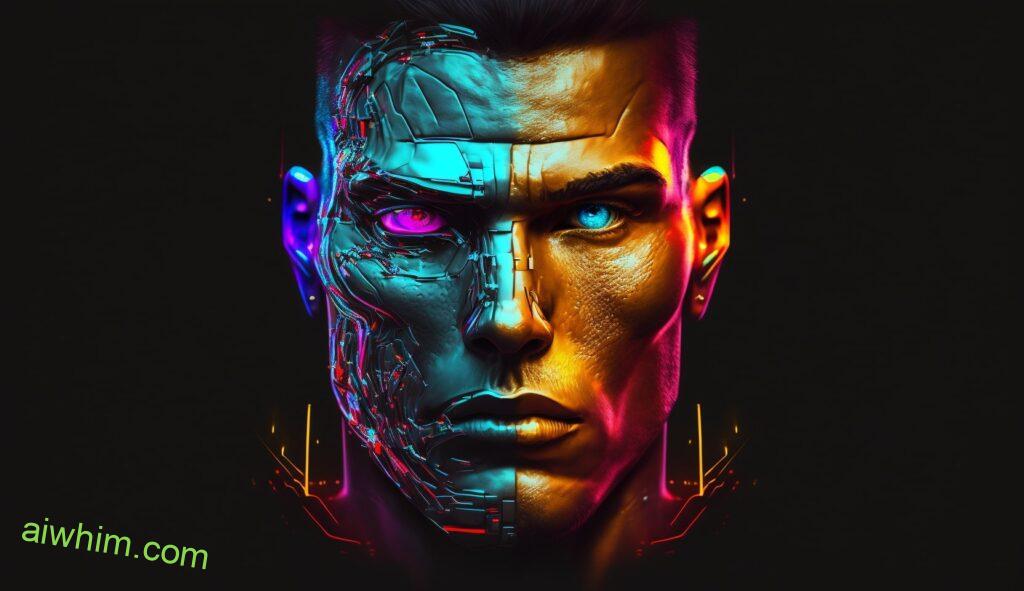
Possible Solutions To Job Losses
The dawn of automation has brought about both positive and negative implications for the workforce. While some jobs have been replaced by more efficient automated processes, others remain in danger due to their susceptibility to automation. Security guards are one such profession that can potentially be taken over by artificial intelligence (AI) or robotics if appropriate measures are not implemented. To offset the potential job losses associated with security guard automation, it is important to consider possible solutions like job retraining, workforce diversification, job sharing, skills development, and job automation.
Job retraining enables individuals whose positions may become obsolete through automation to transition into related roles that require different skill sets but do not necessarily rely on human labor. For instance, a security guard who learns how to operate surveillance systems could work as a CCTV operator after being trained in the new technology. By providing employees with access to training opportunities and resources they need to learn new skills, companies would give them an opportunity to stay employed within the organization despite changes in the process of doing business.
Workforce diversification helps companies avoid oversaturating certain areas of expertise while promoting expanded knowledge bases among its personnel. This means hiring workers from all levels of experience so that people with varying levels of understanding can come together to form a better-rounded team equipped with diverse perspectives and specialized skillsets when problem solving is necessary. Additionally, job sharing provides those at risk of losing their jobs due to automation with alternative employment options that still enable them to make use of their existing talents without completely eliminating their livelihoods altogether.
Lastly, encouraging employees to take part in ongoing education programs will equip them with up-to-date knowledge on current technologies available for performing tasks as well as any new developments taking place in the field of AI and robotics so that everyone involved remains informed about what’s happening around them and how it might affect their futures down the road. With these strategies put into practice along side proper implementation procedures for transitioning out existing staff members gradually over time instead of suddenly putting entire departments out of work at once, businesses can ensure continuity even amidst changing times while giving affected personnel enough time and resources needed for adapting accordingly.
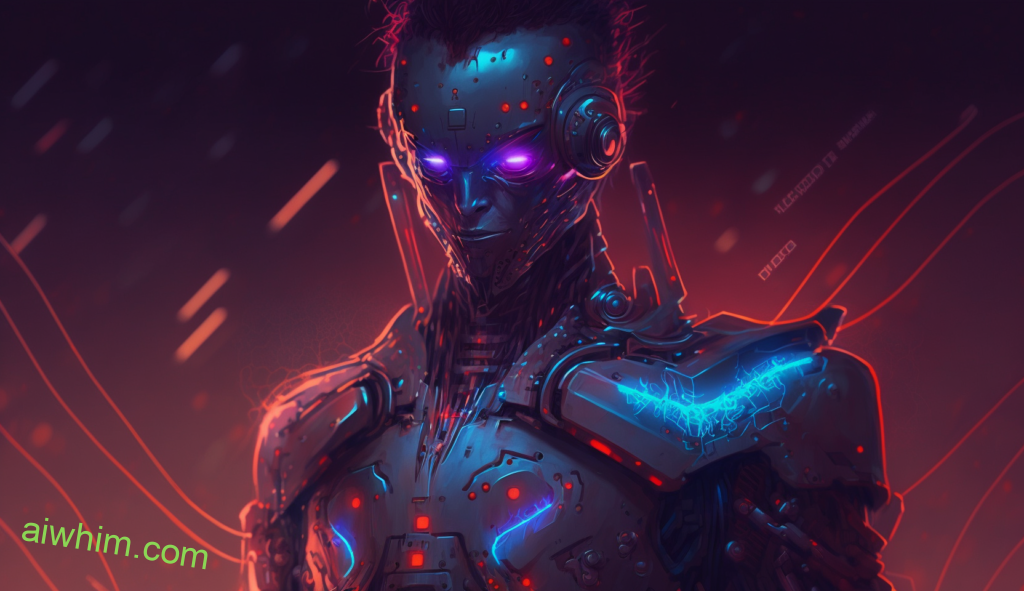
Preparing For A Future With AI-Driven Security Systems
When considering the question of whether or not AI and automation will replace the jobs of security guards in the future, it’s easy to be concerned about job displacement. However, an AI-driven security system can bring long-term cost savings to organizations while providing a higher level of protection than traditional human guards. Moreover, advances in artificial intelligence are paving the way for more complex automated security solutions that are better suited to specific business needs.
To prepare for a future with advanced automated security systems, businesses must consider several key factors:
- Regulatory Issues: Businesses should research any potential regulations governing their use of AI and automation prior to implementation.
*Customization: Automated security systems offer greater flexibility when it comes to customizing settings based on individual facility requirements.
*Cost Savings: When properly implemented, automated security systems can save organizations money over time due to lower maintenance costs and fewer personnel needed for operation.
*Reliability: Compared to humans, AI-driven security systems do not suffer from fatigue or other physical limitations that could lead to decreased performance over time.
Overall, AI-driven security technology is increasingly becoming one of the most viable options for protecting businesses and assets into the future. With proper consideration given to regulatory issues as well as customization, cost savings, and reliability, companies can ensure they have access to top quality automated protection without sacrificing safety or privacy standards.
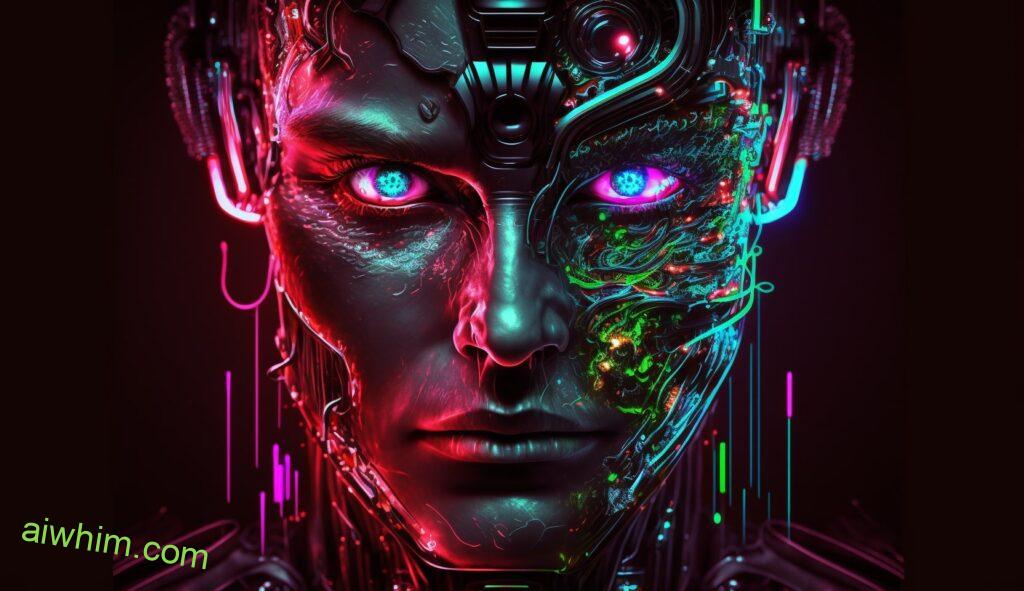
Advantages And Disadvantages Of Automation
Automation offers several advantages that could potentially replace the roles of security guards. Automation can help cut costs, as it eliminates hiring and payroll expenses for employers. It also reduces human error by allowing machines to perform tasks with consistent accuracy. In addition, automation is often more efficient than manual labor in terms of time spent on a task or job. Furthermore, automated solutions offer greater scalability and flexibility compared to manually operated systems.
However, there are downsides to automation when replacing the roles of security guards. First, the upfront cost associated with purchasing and maintaining automated equipment may be prohibitively expensive for some businesses. Additionally, AI-based technologies may not always be reliable due to their reliance on data accuracy and availability. Finally, while automation may reduce errors made by humans, they cannot match the depth of experience provided by an experienced security guard who has been trained at recognizing suspicious behavior or responding appropriately during emergency situations.
While automation offers numerous advantages such as cost savings and increased efficiency; its limitations must be taken into account when considering its potential use in replacing the roles of security guards. Ultimately, whether businesses decide to take advantage of this technology will depend upon weighing the pros and cons against their own specific needs and situation.
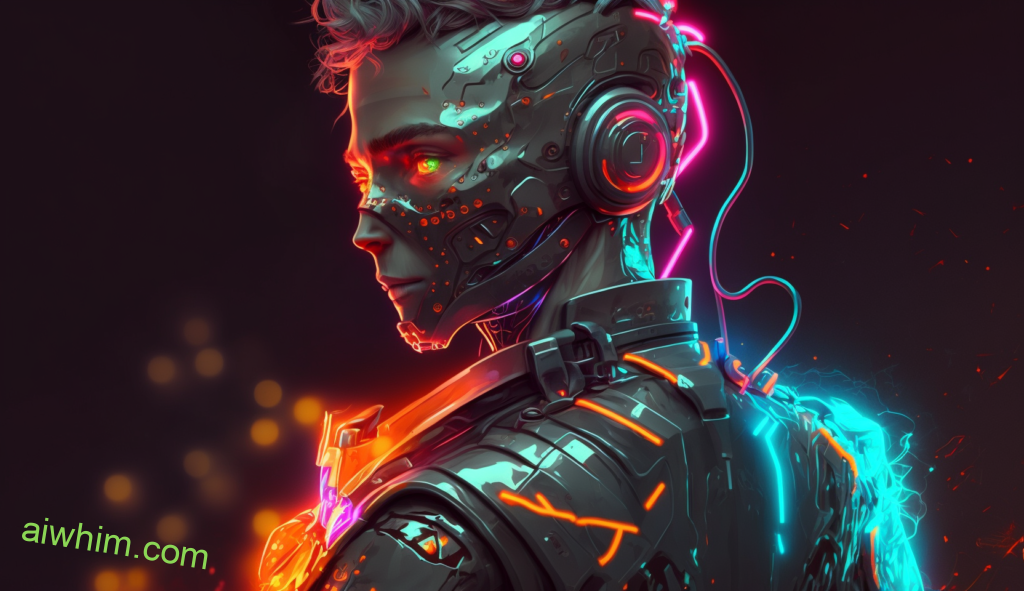
Conclusion
As AI and automation continue to evolve, it’s becoming increasingly clear that the future of security guards is uncertain. While automated solutions can offer a number of advantages over human guards, such as enhanced monitoring capabilities and cost efficiency, they also raise significant regulatory issues that must be addressed if these systems are to replace human workers altogether.
The fact remains that many jobs will be lost in the transition towards automated security solutions, which means we must consider how best to support those affected by this shift. By investing in retraining initiatives for displaced workers and providing incentives for companies who employ them, we might be able to mitigate some of the losses from job displacement while still reaping the benefits of increased automation.
Ultimately, though the prospects may seem daunting at first glance, with careful planning and preparation it’s possible to create a future where both humans and machines coexist harmoniously – or even thrive together! After all, there’s no need for one species to eat the other alive; rather than competing against each other, let’s work together so everyone can share in success.
Author: Ole Paulson
Author Bio: I’m Ole and on this website, I share everything there is to know about Artificial Intelligence, and useful tips for using AI to our advantage. I have a background in data science and research and have been following the AI-space for years. You can read more about me in the “About” page.

